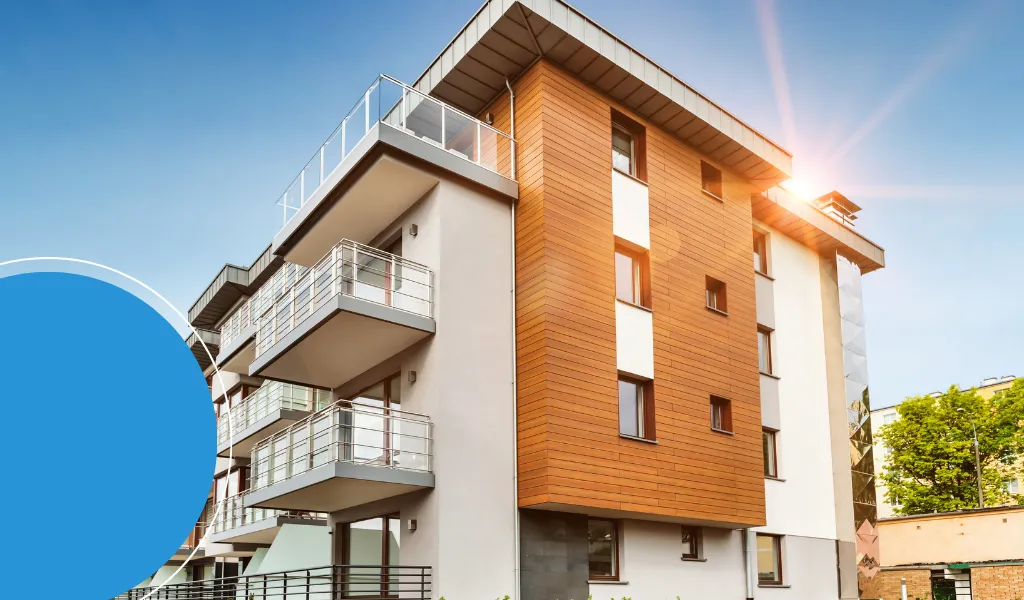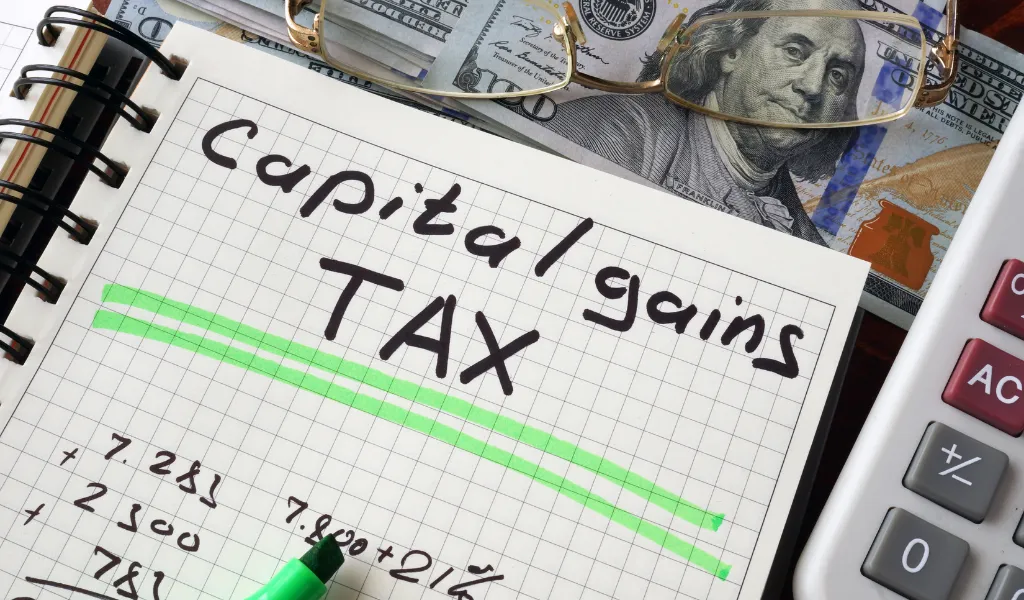There are two main ways, leasehold, and freehold, to own a property in the UK. Typically, freeholds are associated with houses, while leaseholds are for flats.
Freehold, as the name suggests, you become the owner of both the property and the land it is built on. You are responsible for everything like maintenance, and you are fully and legally authorized to make alterations to the property, according to your own choice. Sometimes, in terms of alterations, you must follow the legal criteria like required planning permissions.
On the other hand, with a leasehold, you become the owner of the lease and are responsible to take care of everything within the four walls of your flat but not without the consent of the landlord, you are unlikely to be permitted to make structural changes in the property. Usually, the leaseholders are required to pay an annual charge for maintenance and upkeep of the property, particularly in the communal areas.
Normally, the lease is for a period of 99 or 125 years, when first granted. But as years pass by, leases reduce in value and length – anything below 80 years is regarded as a short lease and can prove to be difficult to get a mortgage on. That’s why leasehold properties are generally cheaper to buy because of the risk involved in them. However, it is legally possible to extend a fee.
‘A lot of international buyers have instantly put off the idea of leasehold, which seems at first like glorified rent and which can dramatically narrow their choice of properties unnecessarily,’ says McGivern at Mercury Homesearch.
Dell at Black Brick agrees: ‘As a buyer, you should not be scared about buying a leasehold property, especially, if you’re buying in London as you’ll be missing out on huge swathes of the market. We spend time educating our clients on how leases work – that they are robust, and they do protect tenants, and you have a legal right to extend your lease after two years of ownership.’

Should I Buy Leasehold Property?
There are a few important things to consider before buying leasehold property to avoid regrets and surprises later. Affordability is one of the factors as it depends on your financial circumstances and availability, which largely matters when it comes to buying a leasehold or freehold property. If you are thinking of buying a leasehold property, then it is important to consider the additional fees you will need to cover and service charges. Considering the terms of the lease, the freeholder may increase fees every few years, making them more expensive in the future.
Moreover, to avoid any surprises, you should check the terms of your lease. For example, if there are any restrictions on home improvements or a ban on having pets.
It is also equally important to check how long is left on the lease. Getting a mortgage for a property with less than 80 years of lease may be difficult. While a lease of fewer than 70 years of property can affect the value of the property. It can be an expensive cost to extend a lease, so it is important to take all sides into account before buying a leasehold property.
How is the law about leaseholds changing?
Recently, the government has been initiating important steps to further support the leaseholders.
In England and Wales, since June, ground rent has been banned on new leases.
There are also wonderful plans like allowing lease extensions of up to 990 years and other similar changes that could help in reducing the costs associated with buying a freehold or extending the lease.
Can I Buy a Freehold?
If you are a leaseholder, then you have the option to buy the freehold of the property. For example, if you have a flat, you can buy a share of the freehold, which you will own with other flat owners. While on the other hand, if your property is a house, you have a greater chance of buying the full freehold.
This is an expensive and lengthy process, and it is worth getting advice from legal experts.
What Is the Cost of a Freehold?
The cost of buying freehold singly varies for various reasons, just like house prices. But shortly after speaking, the shorter the lease, the more expensive the freehold.
There are other costs on top of the sale price that you will have to cover to buy the freehold that including:
- Stamp Duty Land Tax (SDLT)
- Legal fees
- Valuation fees
- Land Registry fees
- Valuation and legal fees of the freeholder
It is a complex process to buy the freehold, particularly when many tenants are involved. So that’s why it is recommendable to seek independent financial and legal advice before taking the final decision to avoid any expensive mistakes.
What is flying freehold?
A flying freehold is a different type of property that is built over land, but at the same type isn’t part of the property.
Flying freeholds property might happen in the situation given below:
- If there is no definitive vertical line to split the property and the property is semi-detached or adjacent terraced.
- Homes built on steep hills.
- Apartments built across passageways.
- Cellars and basement vaults that run beneath other properties.
- Archways
- A balcony that overhangs the next-door property.
Given the above details, it is important that before applying for a mortgage, check whether a property has a flying freehold or not.
Some providers refuse to lend for this type of property, while others may have some restrictions.
It is worth noting that there are two ways to buy a property whether either freehold or leasehold in England, Northern Ireland, and Wales while the properties in Scotland are either available freehold or under third type ownership which is known as ‘common hold’ in the rest of the UK.
The long leases were converted to full ownership under the Scottish Law (Scotland) Act 2012. It means that homeowners without a time limit, can own the freehold of a flat in a building, paying a service charge – called a ‘factor’ in Scotland – to maintain common parts, which are jointly managed by all the flat owners.








